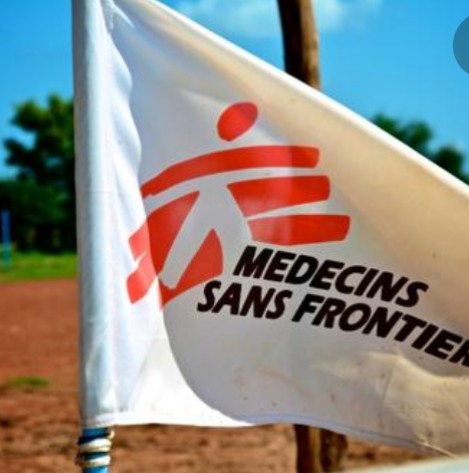|
Getting your Trinity Audio player ready…
|
MSF calls on Abbott and BD to ensure an adequate supply of CD4 tests and equipment
People’s access to critical HIV tests is under threat because US diagnostics corporations Abbott Laboratories and Becton Dickinson (BD) have decided to stop making equipment to run point-of-care CD4 tests, said the international medical humanitarian organization Doctors Without Borders/Médecins Sans Frontières (MSF). CD4 tests are an essential component of managing care for people with advanced HIV, and production of these tests must continue, said MSF.
“We rely on CD4 testing to diagnose advanced HIV disease in people living with HIV,” said Dr. Fabien Kabongo, medical coordinator for MSF in Conakry, Guinea. “Testing is an essential and often lifesaving step toward providing each person in our care the best treatment possible.”
HIV infects and destroys CD4 cells, which are a type of white blood cell that play a key role in a person’s immune system. CD4 tests count the number of CD4 cells in a blood sample. A low CD4 cell count finding indicates advanced HIV disease. Up to 30 percent of people beginning HIV treatment are diagnosed with advanced HIV disease, which requires immediate and specific medical care as the risk of death is high. CD4 testing can be carried out through large, laboratory-based devices or point-of-care devices at a patient’s bedside. Point-of-care CD4 devices are battery-powered equipment or disposable rapid tests that require minimal or no laboratory infrastructure, making them especially useful in decentralized and low-resource settings like those in which MSF operates.
Abbott and BD’s business decisions to stop making equipment to run point-of-care CD4 tests was made in response to decreasing demand for and profits from CD4 tests after the World Health Organization (WHO) guidelines recommended switching from CD4 to viral load testing, which is harder to do in some of the low-resource settings in which MSF works that don’t have many—or any—laboratories.
It’s critical that WHO provide updated and explicit guidelines about the critical role of point-of-care CD4 testing. Additionally, Abbott and BD must immediately reverse their decisions to stop the production of CD4 equipment or transfer the technology to a manufacturer in a low- or middle-income country (LMIC) and support local production so CD4 tests can continue to be made, said MSF.
“Point-of-care CD4 tests are a particularly crucial diagnostic tool in the communities where we work, as they allow us to bring the tests to people to diagnose advanced HIV disease,” Kabongo said. “It’s vital that the WHO guidelines clarify that there is still a critical role for point-of-care CD4 tests so that people living with HIV can receive the right package of care as soon as possible.”
Approximately 8 million CD4 tests are needed annually in LMICs. Abbott and BD’s decisions to stop producing CD4 testing devices will significantly impact the provision of care to people with HIV in low-resource settings, including in HIV programs run by MSF.
“Abbott and BD’s decision to stop making critical point-of-care testing equipment for HIV is going to have a major negative impact on the lives of people with advanced HIV,” said Stijn Deborggraeve, diagnostics advisor with MSF’s Access Campaign. “Abbott and BD need to urgently restore production of the point-of-care CD4 testing equipment, and governments should act fast to expand the use of CD4 testing in-country to save lives from advanced HIV disease.”
